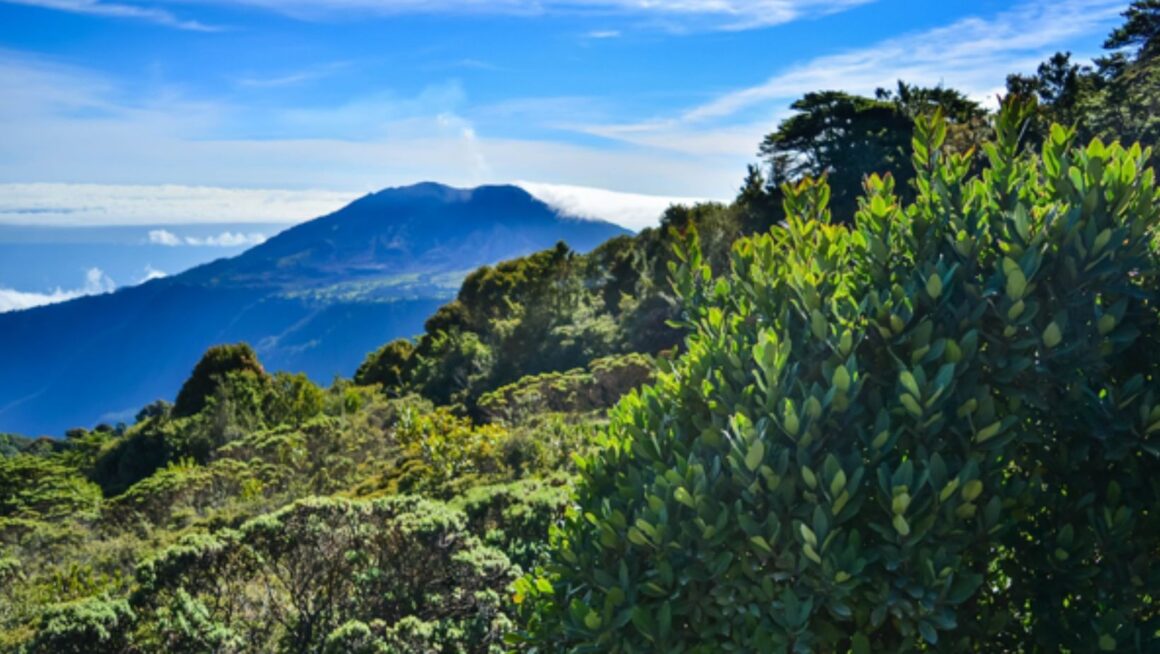Families who vacation together benefit a lot. Roping, hiking, and seeing new areas all call for cooperation and communication. These common experiences strengthen cooperation and connection inside the family. People become closer when collaborating on a challenging hike or mountain climb. Resolving problems together creates memories and trust, which cement relationships. Strengthening family ties makes these interactions more recalled and significant than everyday activities.
Expanding horizons through Real-World Learning
Adventure travel makes introducing children to different cultures, environments, and ways of life easy. Traveling can teach a family biology, history, and geography. Learning in the real world often works better than in a classroom. Inspiring a lifetime love of learning and curiosity, parents and children study about nature and other cultures. For instance, visiting a site like those organized by www.volcano.cr in Costa Rica can offer educational experiences about local ecology, geology, and the thrill of activities such as wakeboarding. Traveling of this kind can inspire children to take chances and influence their professional paths.
Benefits To Your Physical Health
Active adventure travel is good for the entire family. Climbing, swimming, biking, and hiking all improve muscular strength, cardiovascular health, and fitness. These workouts help fight the sedentary lives brought on by work or education. Getting outside and working out lowers stress and anxiety. Growing up active can influence healthier lifestyle decisions later in life.
Developing Faith And Resilience
Adventure travel usually calls for taking chances. Climbing a mountain, rafting a river, or exploring a deep forest requires tenacity and problem-solving. Crossing these obstacles can improve adults’ and children’s resilience and confidence.

Navigating unfamiliar circumstances and risks teaches one to be flexible and critical. Kids’ sense of accomplishment and self-esteem from these experiences can enhance their academic and personal lives.
Advancing Environmental Responsibility
Adventure travel can teach both adults and children environmental stewardship. Families that spend time outdoors learn to value the environment and understand conservation. Tours of wildlife reserves, national parks, and other scenic places frequently impart knowledge about regional conservation programs and the effects of humans on ecosystems. This knowledge may encourage families to support conservation and live more sustainably. Environmental education based on experiences can motivate pupils to care for the environment.
Gaining Social Skills
Families on adventure travel have many opportunities to interact with individuals from all backgrounds. These connections enhance social and cultural skills. Participating in local communities, guided tours, or group activities allows family members to meet new people and learn from different perspectives. These interactions can teach children variety and inclusivity through their expansion of horizons and development of empathy. Better social skills and cultural awareness help children both personally and professionally.
Creating Memories
Ultimately, thrilling travel creates enduring family memories. In addition to building familial ties, sharing these recollections forges a common past. These holidays are unique due to the exploration, adventure, and beautiful environment.

The family is reminded of its strength and togetherness, and these are wonderful memories. Families find adventure travel very beneficial because of its unique sense of accomplishment and excitement.
Conclusion
Adventure travel fosters resilience and environmental stewardship in families, develops relationships and enhances health. Teaching, social skill development, and lifelong memories also contribute to family enrichment through adventure travel.
Image attributed to Pixabay.com

